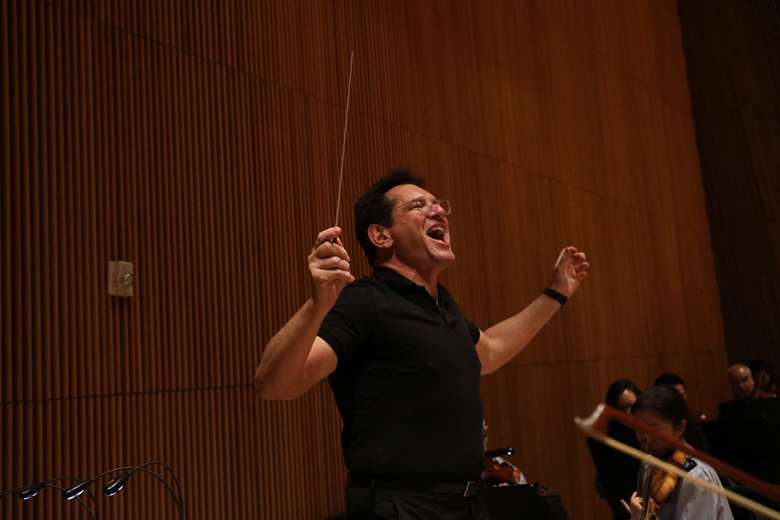InsideOut Digital: a new way of streaming?
Charlotte Gardner
Wednesday, April 21, 2021
How a New York orchestra are pushing boundaries with streamed content


Register now to continue reading
Don’t miss out on our dedicated coverage of the classical music world. Register today to enjoy the following benefits:
- Unlimited access to news pages
- Free weekly email newsletter
- Free access to two subscriber-only articles per month